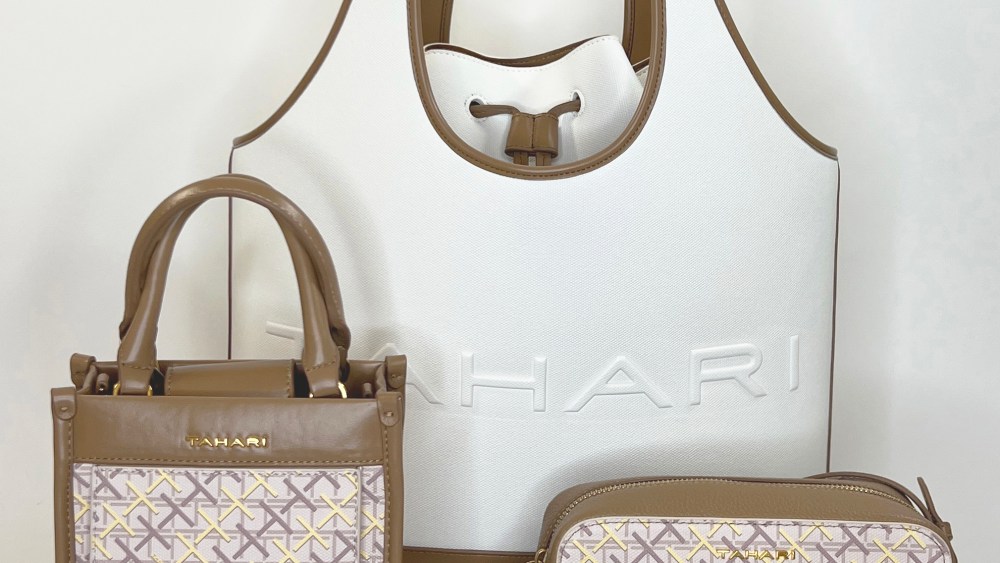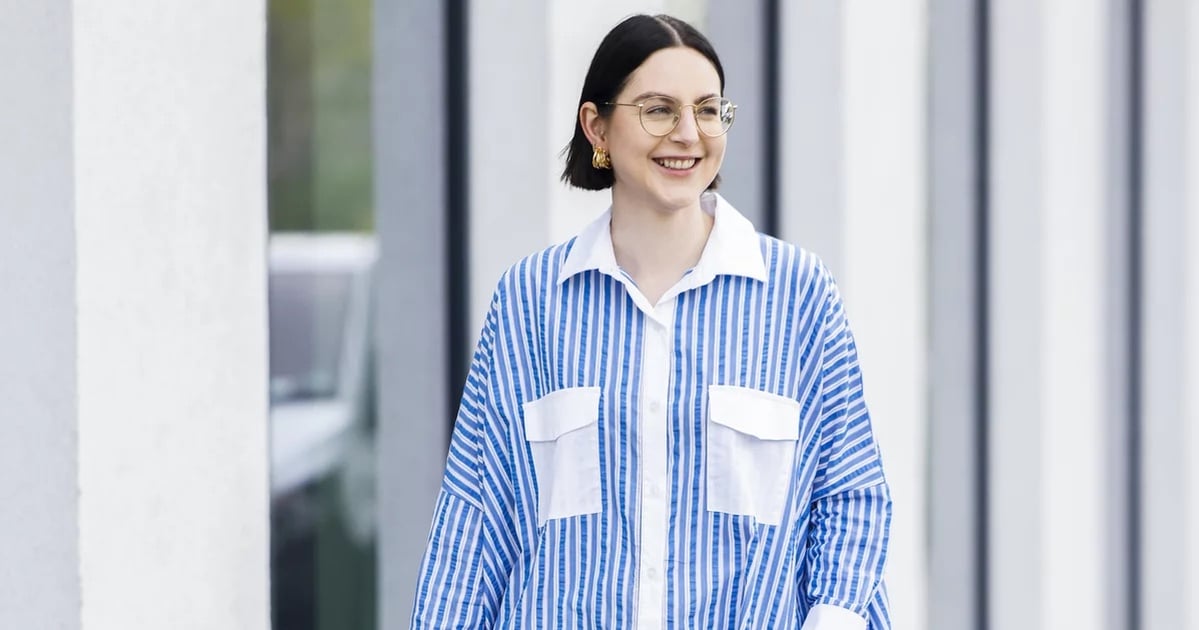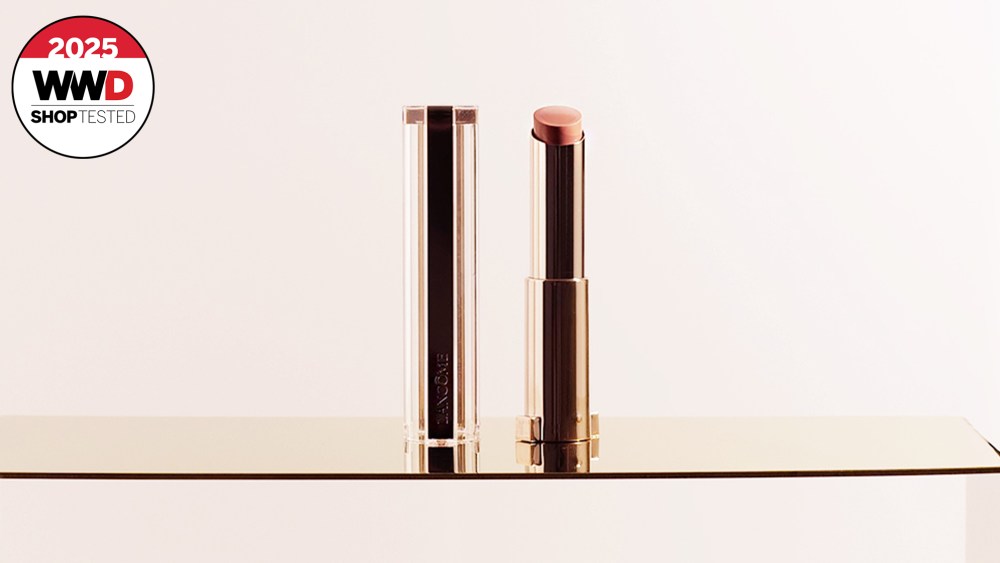Like many major sportswear labels, Tahari, now 50 years old, has its share of licenses and has cycled through different categories. And the business, under Bluestar Alliance, has plans to relaunch fashion footwear, handbags and small leather goods with Fantasia Accessories this spring.
There are now 39 licenses in all; Bluestar executives declined to comment about the annual volume of licensed goods, but Tahari’s largest categories are women’s apparel, sleepwear and intimate apparel, home and outerwear, according to a Bluestar spokesperson, who chalked up their strength to the brand’s DNA, heritage, design and quality.
In a 2019 interview with WWD, Elie Tahari said that at that time his collection and licensed products were expected to generate $1 billion in retail volume.
Several of the licensed businesses have changed hands over the years. Outerwear, for example, is now licensed to the Levy Group, while in the late ’90s Tahari outerwear was licensed to Synergy Sport International, a large manufacturer in Hong Kong. At that time, first-year sales were projected to be $100 million. Executives at The Levy Group declined to comment for this article. In 2007 — before The Levy Group took on the outerwear license in 2018 — the category had been licensed to S. Rothschild & Co.
You May Also Like
Tahari’s licensed categories are distributed in Saks, Neiman Marcus, Nordstrom, Bloomingdale’s and Macy’s among other points of distribution. The footwear relaunch will include dress shoes, loafers, slides, sandals and boots.
There are also plans to add more categories for men’s, including footwear and activewear. Where it is feasible, the aim is to develop the men’s assortment with existing licensees and follow the same strategic approach, the spokesperson said. The brand’s womenswear licensee, Republic Clothing Group, will look after the men’s apparel. “You’ll see a lot happening in the men’s next year,” said Bluestar’s chief operating officer and cofounder Ralph Gindi.
Tahari’s new assortment of handbags and small leather goods with Fantasia Accessories debuted three weeks ago. To start, the line will be sold to off-price retailers like T.J. Maxx, Marshall’s and Nordstrom Rack, according to Fantasia’s president Eddie Azar. Hobo bags, totes and crossbody bags are among the 100-style assortment, which will retail for around $14.99 for wallets to $59.99 for bags. The collection ships to stores in February. Although the deal is multiyear, Azar said he aims to have it “for a very long time.”
He said that thusfar, every retailer that has seen the collection has made commitments. First-year projected volume is forecasted to be upward of $10 million, Azar said.
“Bluestar is wonderful to work with. They are very supportive of their brands, and of their licensees. Working together with them, we plan to be very successful,” he said.
Totes are trending, according to Azar, who expects bags with multiple handles to be “really strong” with Tahari customers too. He added, “Satchels will be good. We’re doing a lot of novelty type materials like coated vinyls that are upscale and are new to the market.”
Describing the just-out assortment as “not a typical line,” Azar said, “We looked for white space in the market by using different materials and different combinations of a bag-in-a-bag.”
Designed for durability, the coated vinyl styles include options in white, which can be wiped to keep them clean. That aspect also could appeal to consumers, who are germ-conscious especially post-COVID-19.
Fantasia is applying successful strategies from the Nanette Lepore licensed line to the Tahari line, he said. Fantasia plans aims to develop a better leather line at a later time that will be geared for retailers like Macy’s, Dillard’s and Bloomingdale’s, Azar added.
Another licensing partner, the IHL Group, singled out kids’ sleepwear and basics, women’s intimates and women’s sleepwear as popular categories, according to Shannon Spitzfaden, public relations and marketing manager. In 2017, IHL signed a multiyear licensing deal with Elie Tahari Ltd. to develop, produce and distribute men’s, women’s and children’s sleepwear and intimates for the brand. The assortment’s distribution started in department stores and specialty stores throughout North America. At the time of that launch, first-year sales projections were expected to exceed $10 million.

Within the past six months, the company has introduced a slew of new fabrications, including some recycled fabrics. Looking ahead with an emphasis on trying to deliver “the highest-quality clothing to our consumers,” IHL will continue to monitor trends and adapt accordingly to “this everchanging fashion industry,” she said.
From her viewpoint, IHL’s assortment for the Tahari line has evolved considerably over the past year. “We’re constantly modernizing our aesthetics and pulling in new, high-quality fabrications that would not have been acceptable in the industry in years prior. As for quality-specific, we’ve been incorporating fabrics that produce quality, comfort stretch,” Spitzfaden said.
IHL considers “the biggest wins” so far to have been how its consumers are responding “positively to our efforts in producing high-quality, comfy fabrications, including earth-friendly fabrics like cotton and recycled fabrications,” she said.
The pandemic, she said, “allowed us to rethink speed to market.”


